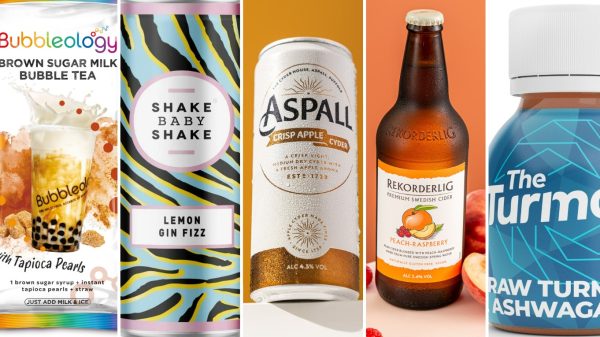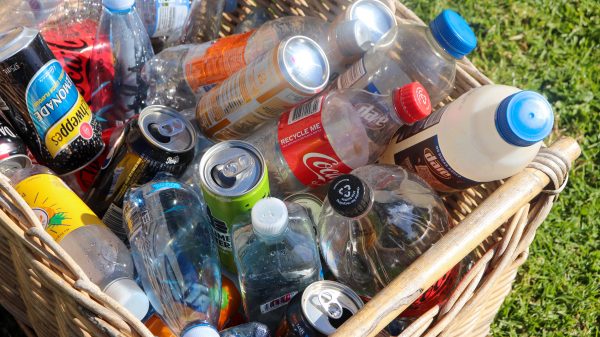Ribena’s new regenerative farming project aims to reduce greenhouse gas emissions from growing blackcurrants.
Suntory Group, which owns Ribena, has launched a regenerative blackcurrant farming project that will aim to decrease scope 3 greenhouse gas emissions from growing blackcurrants. It will also improve soil health to support plant resilience and increase the amount of carbon it can sequester.
Harriet Prosser, Ribena agronomist, said the project represents “a real shift away from more conventional practices”.
Farmers will focus on improving soil health, plant nutrition and environmental protection to better understand and optimise blackcurrant plant nutrition. The scientists also plan to switch to organic fertiliser and crop protection.
Prosser added: “The principles are backed by credible science but have yet to be commercially tested in more mainstream perennial fruit systems. The aim is to produce quality data that will enable us to scale up these principals to the wider industry.”
Subscribe to Grocery Gazette for free
Sign up here to get the latest grocery and food news each morning
The project, which is taking place on Gorgate Farm in Norfolk, is running in collaboration with University of East Anglia, Suntory Group and Soil Ecology Laboratory.
Gorgate Farm has been producing blackcurrants for Ribena since the 1950s.
Ribena’s project will use Cool Farm Tool, an online farming device, to calculate on-farm greenhouse gas emissions and soil carbon sequestration to warrant accurate and consistent carbon reporting. The farmers also intend to improve soil health and carbon sequestration by using compost extracts to restore soil microbiology.
Rosie Begg, second generation blackcurrant grower and research lead at Gorgate Farm said: “The aim is by focusing on soil biology restoration, we can allow natural processes to support blackcurrant production without so much intervention, benefiting both the environment and blackcurrants we grow substantially.”










